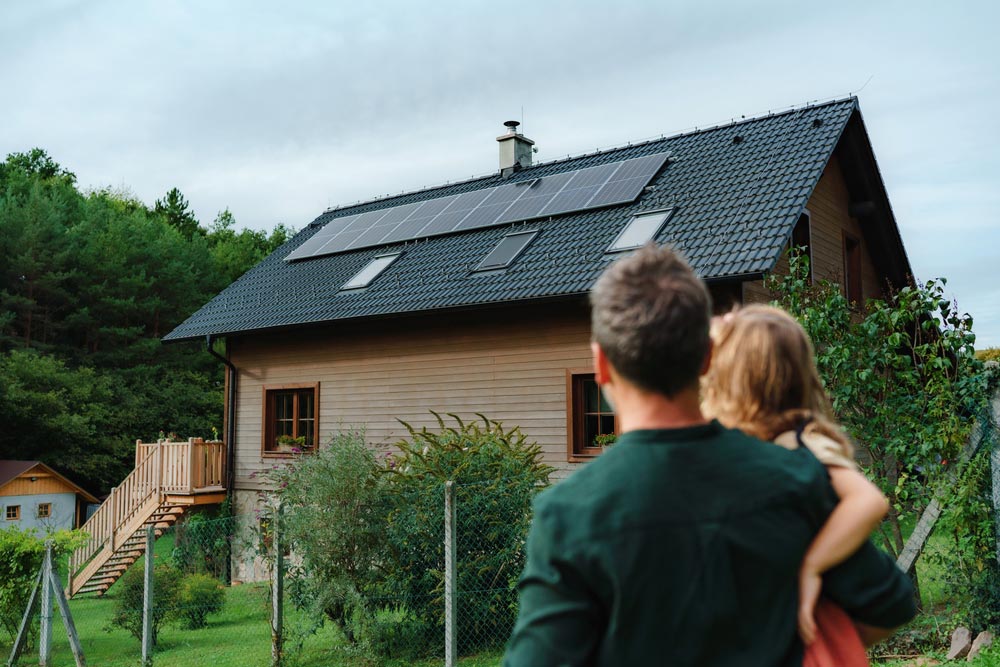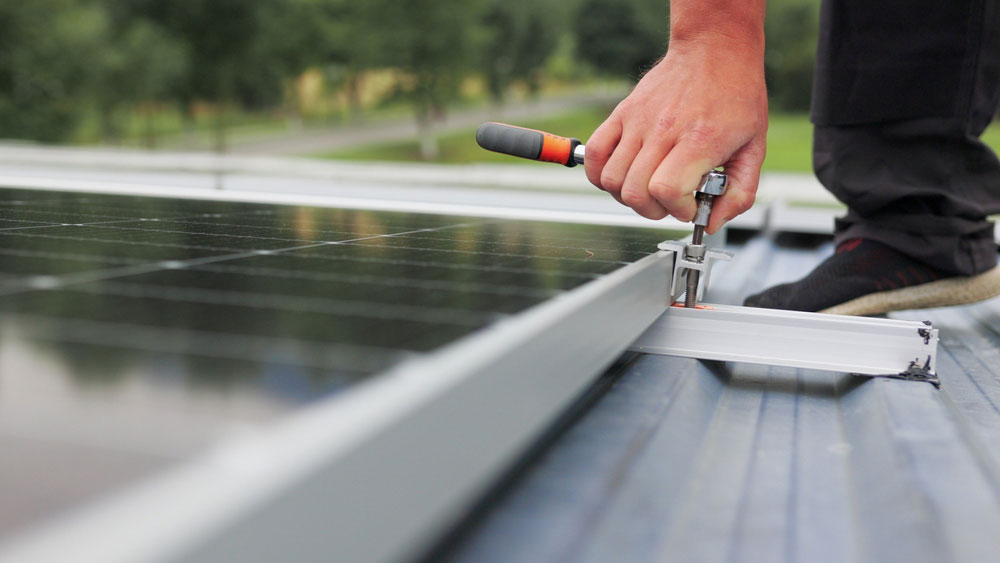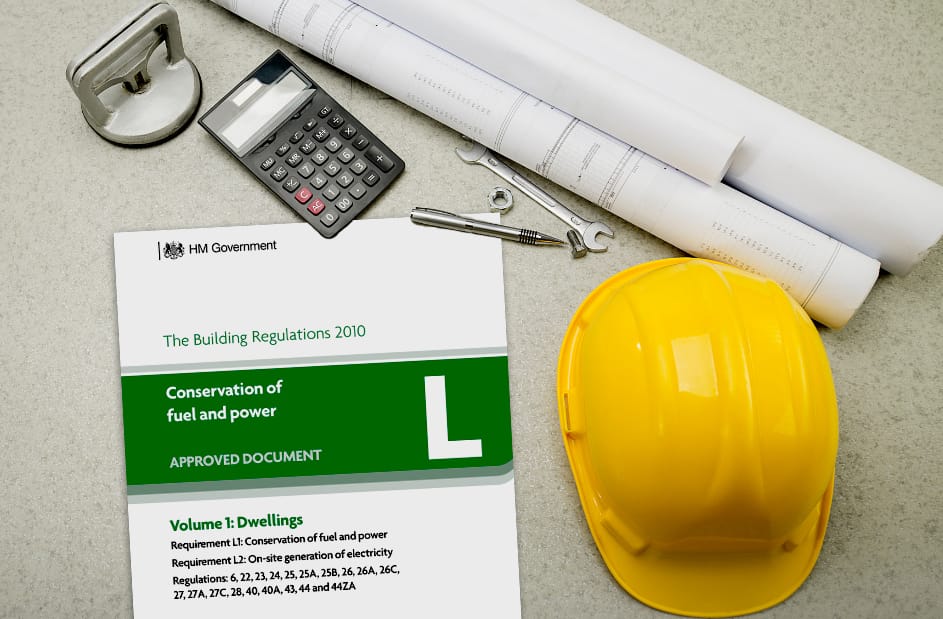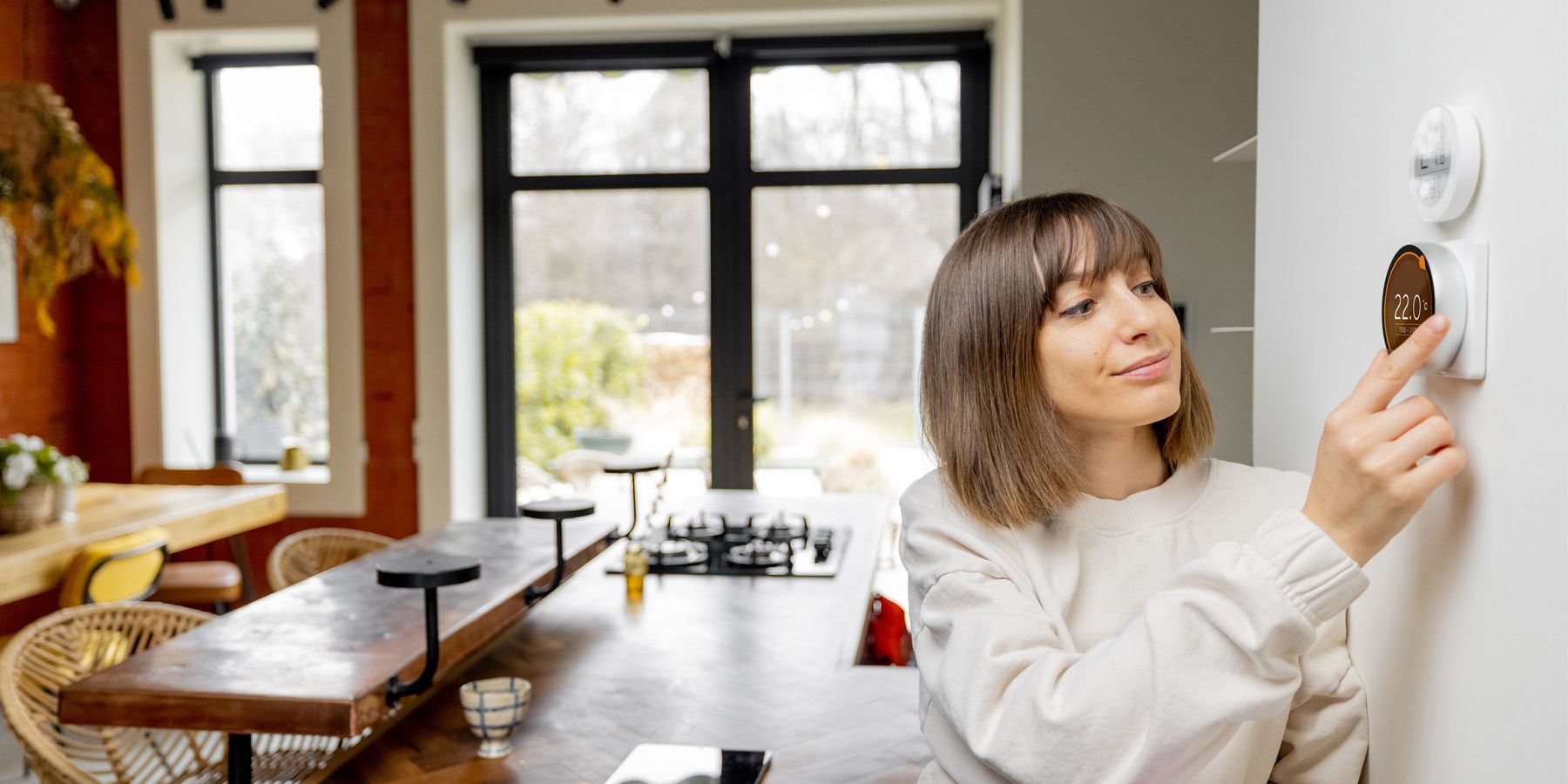
Solar Panel Frequently Asked Questions
Published on April 13, 2023
Posted in Advice & Reviews
by Matt Briggs
4.5 min read
As part of the UK's commitment to reducing carbon emissions, the government has introduced the Future Homes Standard, which includes updated regulations for energy efficiency in new homes.

Changes to Part L regulations of the Future Homes Standard have made roofs the centre of attention when it comes to carbon emission reduction. As new homes will now be expected to reduce their carbon emissions by 31%, solar panel installations are going to be in high demand.
Alongside an efficient gas boiler or air source heat pump, solar panels will be one of the most cost-effective ways of reaching that important carbon reduction target, whilst saving money year on year.
The Energy Savings Trust estimates that adding solar panels can cut an annual household electricity bill by over £250 per year, which could be an attractive investment for homeowners who are concerned about energy bills in the future.
For those considering Solar PV systems for their homes, this FAQ provides answers to some of the most common questions about the technology.
What is a Solar PV system, and how does it work?
A Solar Photovoltaic (PV) system, also known as a Solar PV system, is a renewable energy technology that uses solar panels to convert sunlight into electricity. The panels are typically installed on the roof of a building, and they generate direct current (DC) electricity, which is converted into alternating current (AC) electricity using an inverter. The electricity generated by the Solar PV system can be used to power appliances and lighting in the building, and any excess electricity can be exported back to the grid or stored in a battery for later use.
What are the benefits of using a Solar PV system?
Some benefits of using a Solar PV system include reduced reliance on fossil fuels, lower electricity bills, decreased carbon footprint, and increased energy independence.
How do I determine the right size of Solar PV system for my needs?
The right size of a Solar PV system for your needs depends on your energy consumption, available roof space, and budget. A solar installer can help you determine the right size for your specific situation.
How much maintenance does a Solar PV system require?
Solar PV systems require minimal maintenance, mostly limited to cleaning the solar panels periodically to ensure optimal efficiency.
How do Solar PV systems work in cloudy or rainy weather?
Solar PV systems still generate electricity on cloudy or rainy days but at a lower efficiency compared to sunny days. The amount of electricity generated varies depending on the level of cloud cover or rainfall.
How does a Solar PV system connect to the grid, and can it be used off-grid?
A Solar PV system can be connected to the grid or used off-grid by storing the electricity generated in batteries.
How do solar batteries work?
Solar batteries work by storing excess electricity generated by solar panels for later use. They are typically charged during the day when the panels are generating electricity, and then discharge that stored energy at night or during periods of low solar generation.
The batteries are connected to the Solar PV system and the inverter, which regulates the flow of electricity between the panels, battery, and the building's electrical system. When the panels are generating more electricity than is being used in the building, the excess electricity is directed to the battery for storage.
When the panels are generating less electricity than is being used, the battery provides stored electricity to supplement the shortfall. This helps to reduce reliance on grid electricity and can help to save money on energy bills.
What is the environmental impact of Solar PV systems?
Solar PV systems have a low environmental impact compared to traditional energy sources. They reduce greenhouse gas emissions and have a lower impact on natural resources.
How do I monitor the performance of my Solar PV system?
Solar PV system performance monitoring can be achieved through a system that tracks the amount of energy generated and the system's efficiency.
Why do I need an inverter for my Solar PV system?
Solar panels generate direct current (DC) electricity, which is not compatible with the alternating current (AC) electricity used in most homes and businesses. An inverter is therefore required to convert the DC electricity generated by the solar panels into AC electricity that can be used to power your home or fed back into the grid. Inverters also help to regulate the voltage and frequency of the electricity to ensure that it is safe and reliable.
Can I add more Solar PV panels to my system in the future?
Yes, you can add more solar panels to your system in the future. However, it is important to ensure that the additional panels are compatible with your existing system and that your inverter can handle the increased capacity.
What should I do if I experience issues with my Solar PV system?
If you experience issues with your Solar PV system, you should contact your solar installer or a licensed electrician to diagnose and resolve the issue. Many systems come with warranties that cover repairs or replacements, so it is important to check the warranty terms. Regular maintenance and cleaning can also help prevent issues from arising.
You can view our online Solar PV system range here.



